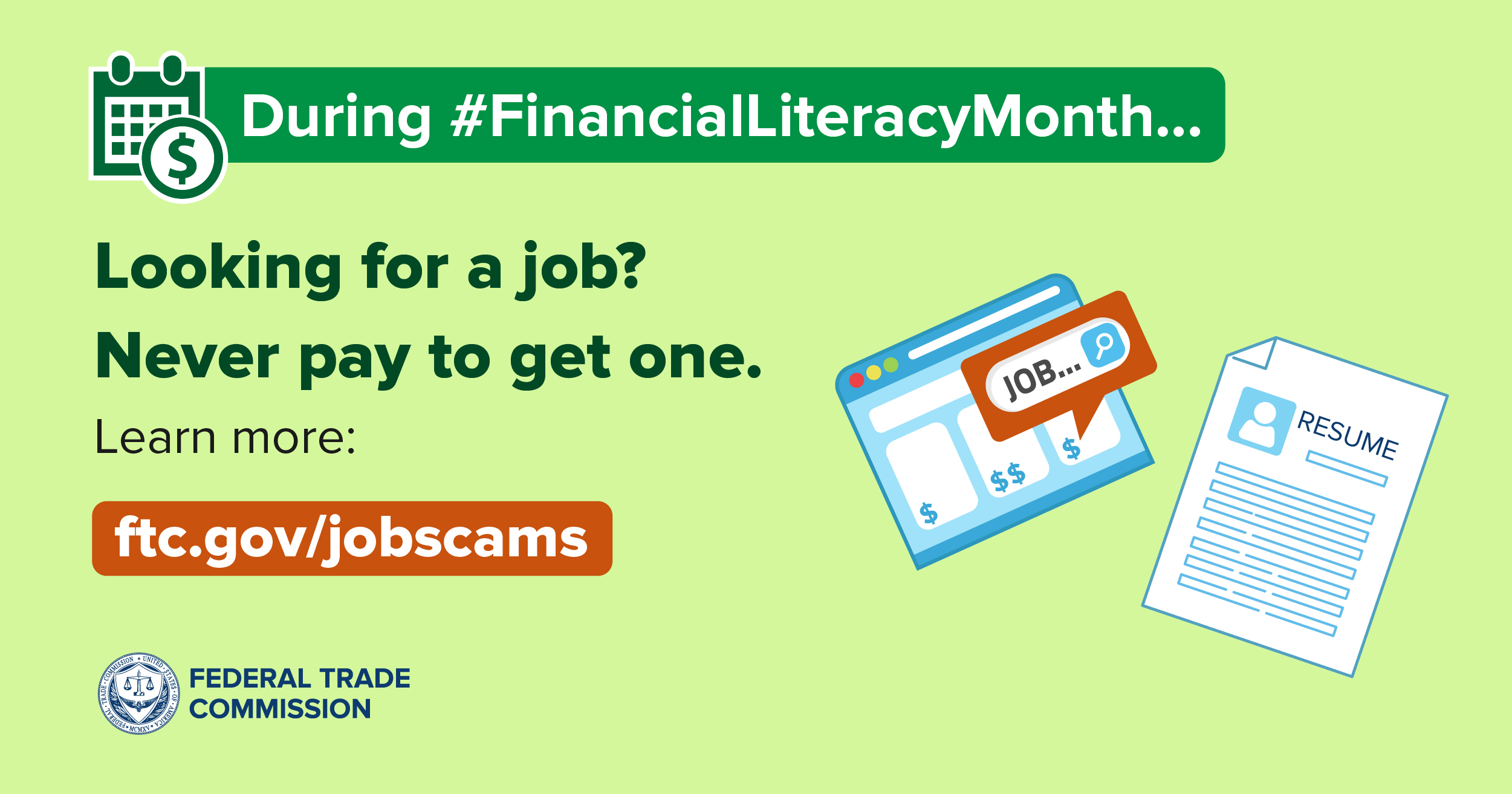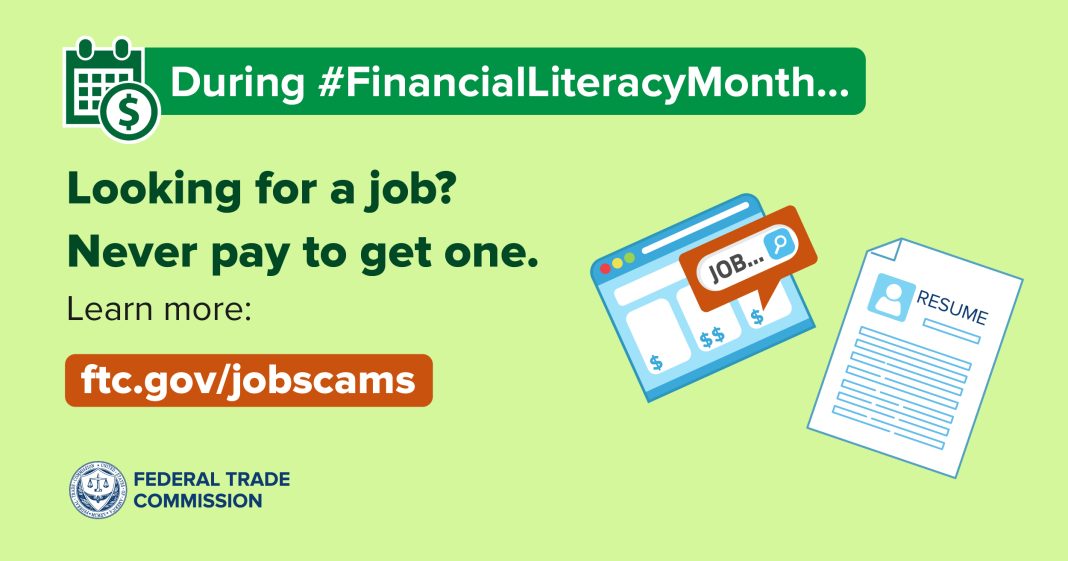 Red Flags in Job Scam Offers: How to Spot and Avoid Them
Red Flags in Job Scam Offers: How to Spot and Avoid Them
Introduction:
Job scam offers have become increasingly common, with scammers targeting individuals through text messages and emails. These messages often reference well-known companies like Target or reputable recruiting agencies. However, it’s essential to recognize the red flags and protect yourself from falling victim to these scams.
The Pervasiveness of Job Scam Offers:
According to Emailtooltester, nearly 97 percent of Americans receive spam emails or texts daily, with many of them being job-related scams. Scammers use various tactics to lure potential victims, such as promising high-paying part-time jobs with bonuses. However, these offers are often too good to be true.
Target’s Warning:
Target, a popular retailer, warns its customers about imposter scams, including secret shopper scams. These scams involve fraudsters posing as Target representatives and contacting victims via email with enticing subject lines like “job offer” or “influencer opportunities.” Once communication is established, scammers attempt to extract personal information or deceive victims into purchasing and sharing gift card details.
Federal Trade Commission’s Insights:
The Federal Trade Commission (FTC) emphasizes that scammers advertise job opportunities online, just like legitimate employers. They use ads, job sites, social media platforms, newspapers, TV, and radio to reach potential victims. However, their ultimate goal is not to offer employment but to obtain money and personal information from unsuspecting individuals.
Importance of Research:
Alec Jones, a talent acquisition specialist at Bluechip Talent, advises conducting thorough research on companies that reach out to you. This is particularly crucial when scammers pretend to represent legitimate organizations. Checking their credibility on LinkedIn can be a helpful step, as scammers often lack a professional presence on the platform.
Easy Targets for Scammers:
Melanie McGovern, the Better Business Bureau’s director of public relations, explains that scammers target those who unknowingly provide ample personal information online. In a phishing study conducted by the BBB, it was discovered that scammers exploit any individual who opens their initial communication. This highlights the importance of safeguarding personal information and being cautious when responding to unsolicited job offers.
The Rise of Phishing Scams:
Phishing scams, which use fake offers sent via email or text to obtain personal information, have become prevalent in online scams. The BBB’s phishing study reveals that they have received nearly 10,000 phishing complaints since 2021, resulting in a median financial loss of approximately $250 per victim. It’s crucial to be aware of these scams and refrain from sharing personal or financial details with unknown sources.
Dangers of Answering Ads:
The FTC warns that answering scam ads may not only fail to generate income but also result in financial losses. Scammers often trick individuals into paying for starter kits, training programs, or worthless certifications. Victims may also discover unauthorized credit card charges later on. Reputable companies do not ask for payment upfront or require individuals to purchase equipment for remote work.
Recognizing Red Flags:
There are several red flags that can help identify job scam offers. Firstly, if the interview process occurs solely through text messages, it should raise suspicion. Legitimate companies typically conduct interviews over the phone or through video calls. Additionally, scammers may request payment via email or ask for personal information upfront, both of which are warning signs of a scam. Poor grammar and the use of WhatsApp for job-related communication are also indicators of fraudulent activity.
Conclusion:
Job scam offers continue to target individuals through text messages and emails. Recognizing the red flags and exercising caution when responding to unsolicited job offers is crucial. Conducting research on the company, refraining from sharing personal information, and being aware of common scam tactics are effective ways to protect yourself from falling victim to these scams. Stay vigilant and prioritize your online safety when exploring job opportunities.


